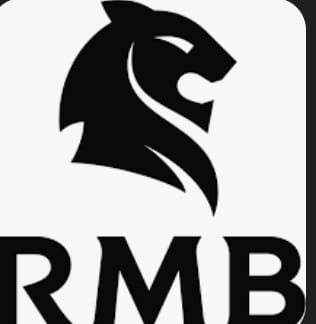Rand Merchant Bank (RMB), a prominent corporate and investment bank, has publicly endorsed President Bola Tinubu’s ongoing economic reforms in Nigeria, emphasizing their significance in driving trade and investment growth within the West African region. RMB believes these reforms are crucial for establishing macroeconomic stability and restoring investor confidence, laying the groundwork for sustainable economic development. Speaking at the Global Trade Review West Africa Conference 2025 in Lagos, Oluwaseyi Onanuga, Head of Treasury and Trade Solutions at RMB Nigeria, highlighted the positive impact of the removal of fuel subsidies and the liberalization of the foreign exchange market. These decisive actions, according to RMB, are laying a robust foundation for a more resilient and attractive investment landscape in Nigeria. Onanuga further commended the Central Bank of Nigeria’s financial sector reforms, characterizing them as strategic initiatives aimed at safeguarding the economy and bolstering investor trust.
The removal of fuel subsidies, a long-debated policy, is expected to free up significant government resources previously allocated to artificially suppressing fuel prices. This reallocation of funds can potentially be channeled towards critical sectors such as infrastructure development, education, and healthcare, ultimately contributing to broader economic growth. The liberalization of the foreign exchange market, on the other hand, aims to create a more efficient and transparent currency market, attracting foreign investment and stabilizing the exchange rate. These combined measures demonstrate a commitment to fiscal discipline and market-oriented policies, signals which are often viewed favorably by international investors.
RMB’s endorsement of these reforms carries significant weight, given its position as a key player in the African financial landscape. Their positive assessment underscores the potential of these reforms to not only revitalize the Nigerian economy but also to stimulate broader regional growth. The bank’s optimism reflects a growing consensus among economic analysts that these reforms, while potentially painful in the short term, are necessary for long-term sustainable economic development. By tackling difficult structural issues, the Nigerian government is signaling its commitment to creating a more conducive environment for business and investment.
Furthermore, RMB expressed its anticipation for increased intra-African trade under the African Continental Free Trade Area (AfCFTA) framework. The bank believes that improvements in regulatory and payment infrastructure will play a critical role in lowering trade barriers and encouraging wider participation in the regional economy. This optimism is grounded in the expectation that enhanced payment settlement systems and streamlined regulatory frameworks will significantly reduce transaction costs, mitigate concentration risk, and lower barriers to entry for businesses, ultimately fostering a more inclusive and resilient trade ecosystem. RMB’s focus on AfCFTA highlights the importance of regional integration and cooperation in driving economic growth and development across the continent.
The AfCFTA agreement, signed by a majority of African countries, aims to create a single continental market for goods and services, with free movement of business persons and investments. This ambitious initiative has the potential to unlock significant economic opportunities by fostering intra-African trade, promoting regional value chains, and attracting foreign direct investment. RMB’s emphasis on the importance of improved payment and regulatory frameworks within the AfCFTA context underscores the practical challenges that need to be addressed to fully realize the agreement’s potential. By streamlining cross-border transactions and harmonizing regulations, African countries can create a more conducive environment for businesses to thrive and for intra-African trade to flourish.
In addition to its focus on macroeconomic reforms and regional trade, RMB has also been recognized for its advisory role in significant corporate transactions. The bank’s advisory work further demonstrates its commitment to facilitating investment and growth within the African market. This multifaceted approach – supporting policy reforms, promoting regional trade, and facilitating corporate deals – underscores RMB’s comprehensive engagement in fostering economic development in Africa. By actively participating in various aspects of the financial ecosystem, RMB is contributing to the creation of a more dynamic and prosperous economic landscape.


